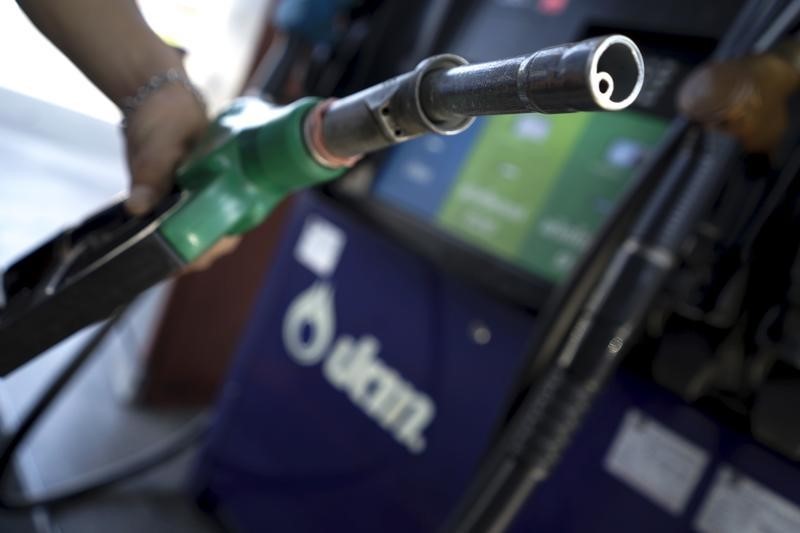By Barani Krishnan
Investing.com -- There’s no new shoe dropping on the banking sector…at least for now — and that’s good news for risk assets, at least oil.
Crude prices rose for a second day in a row since the start of this week, climbing about 1% on Tuesday to add to the previous day’s 5% surge, as Senate testimony by the Federal Reserve’s supervisory chief Michael Barr did not expand on contagion worries about the U.S. banking crisis unearthed three weeks ago.
In a two-hour appearance before a Senate panel on banking, Barr stuck to the inadequacy in risk mismanagement and other “safe” practices at Silicon Valley Bank that led to billions of dollars in customer deposit withdrawals from the California-based lender and at least two other banks that triggered the crisis.
If traders were waiting to hear about contagion from the Silicon Valley fallout, they did not get such headlines — from Barr, at least.
For the record, the Fed’s supervisory chief already said in his pre-testimony speech on Monday that the central bank’s review showed the U.S. banking system was “sound and resilient, with strong capital and liquidity.”
With no new developments in the crisis, a broad risk-on rally erupted across commodity markets that even lifted safe-haven instruments such as gold. Oil prices, particularly, had been badly impacted by the banking crisis, falling 13% two weeks ago before recovering about 3% or more last week.
“It appears that no news is good news, on banking at least,” said John Kilduff, partner at New York energy hedge fund Again Capital. “It doesn’t mean there’s no possibility for a contagion here; we’ve read and heard enough about this crisis to know that this probably isn’t the end of it. For now though, there’s calm and that’s good for risk assets.”
New York-traded West Texas Intermediate, or WTI, crude was up 95 cents, or 1.3%, to $73.76 by 13.23 ET (17:23 GMT), adding to the 5% rally from a day ago.
London-traded Brent crude was up 81 cents, or about 1%, to $78.57 after the previous day’s 2.8% gain.
Crude prices started the week strongly as traders learned about the disruption of half a million barrels a day from Kurdistan, amid nuclear war talk by Russian President Vladimir Putin.
The oil market is also being closely watched to determine how successful longs will be in trimming a significant loss for the first quarter that’s looming as Friday’s trade — the last for March — approaches. As of Tuesday afternoon in New York, both WTI and Brent were down about 8% each for the quarter.
Aside from news on U.S. banking and Kurdish supply, oil traders were also on the lookout for weekly oil inventory data, due after market settlement from API, or the American Petroleum Institute.
The API will release at approximately 16:30 ET (20:30 GMT) a snapshot of closing balances on U.S. crude, gasoline and distillates for the week ended March 24. The numbers serve as a precursor to official inventory data on the same due from the U.S. Energy Information Administration on Wednesday.
For last week, analysts tracked by Investing.com expect the EIA to report a modest crude stockpile build of 0.092 million barrels, versus the 1.117M barrel rise reported during the week to March 17.
On the gasoline inventory front, the consensus is for a draw of 1.617M barrels over the 6.4M-barrel decline in the previous week. Automotive fuel gasoline is the No. 1 U.S. fuel product.
With distillate stockpiles, the expectation is for a drop of 1.455M barrels versus the prior week’s deficit of 3.313M. Distillates, which are refined into heating oil, diesel for trucks, buses, trains and ships and fuel for jets, have been the strongest component of the U.S. petroleum complex in terms of demand.
